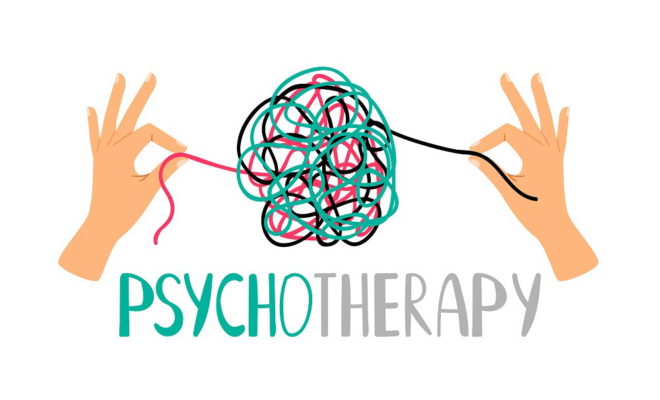Role of social workers in helping families

Social work is a field that facilitates empowerment, social reform, development, and harmony among people and communities. The primary goal of social work is to address all individuals’ fundamental and complicated needs. It is a practice-based profession of human well-being that aims to serve individuals who are weak, oppressed, and impoverished.
Although social workers operate in a wide range of contexts, they are all dedicated to improving and enhancing the lives of people, groups, families, and society. These individuals are highly empathic because they can identify and understand the problems prevalent in society and are determined to fix them. Along with guiding and helping communities with various social issues, social workers also help struggling families in multiple ways under a specific branch called family social work.
What is a Family Social Worker (FSW)?
Family social work entails using various strategies to assist vulnerable families in resolving issues in multiple areas. Social workers who help families can support them in finding healthy and effective ways to deal with problems that contribute to family dysfunction, including drug addiction, homelessness, physical and mental abuse, and financial difficulties. Family social workers frequently help families in crisis find secure homes, support them in finding work, and assist those who are drug addicts.
How one can become a Family Social Worker
To become a social worker, one must have at least a bachelor’s degree in a related field. One should get a permit to start a career as a family social worker. A Master’s in Social Work is compulsory to get a license. Some institutes, including Spalding University Online, have started to offer a Master of Social Work degree via online programs.
Responsibilities of a Family Social Worker
Family social workers deal with individuals from broken homes and dysfunctional families to help them overcome any long-term or short-term mental issues that may arise. Often such individuals are also at a high risk of developing behavioral problems that they learn from their parents or siblings. Since these problems can follow them into adulthood, there is a chance that they may negatively impact the quality of their lives and social relationships in the future.
Some individuals may also develop issues, such as alcoholism, drug abuse, and violent behavior, due to an unhealthy family environment. Family social workers also provide services for at-risk individuals by providing them with the proper knowledge and connecting them to relevant government and non-profit organizations such as rehabilitation centers, foster homes, family lawyers, etc.
Many families face financial and economic difficulties because they cannot meet their daily expenses. Financial challenges also have a negative impact on relationships in families. Families suffering from financial debts often face unusual fights in their homes. As a result of these fights, they develop trust issues, and the members lose their productivity. Moreover, it also has a harmful effect on health.
A social family worker helps these families with managing the family fund, guides them in getting jobs and applying for government aid, and provides members with a list of housing authorities. All these efforts eventually help to bring families out of these crises.







